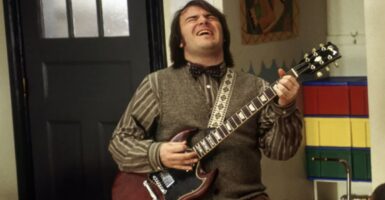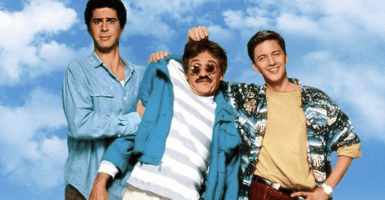Clive Owen: What Happened To His Career As A Movie Star?
There was a time not too long ago that Clive Owen was going to be big. He had what many in Hollywood were looking for. Rugged good looks, that British accent, the ability to play any character.
This article is more than 2 years old
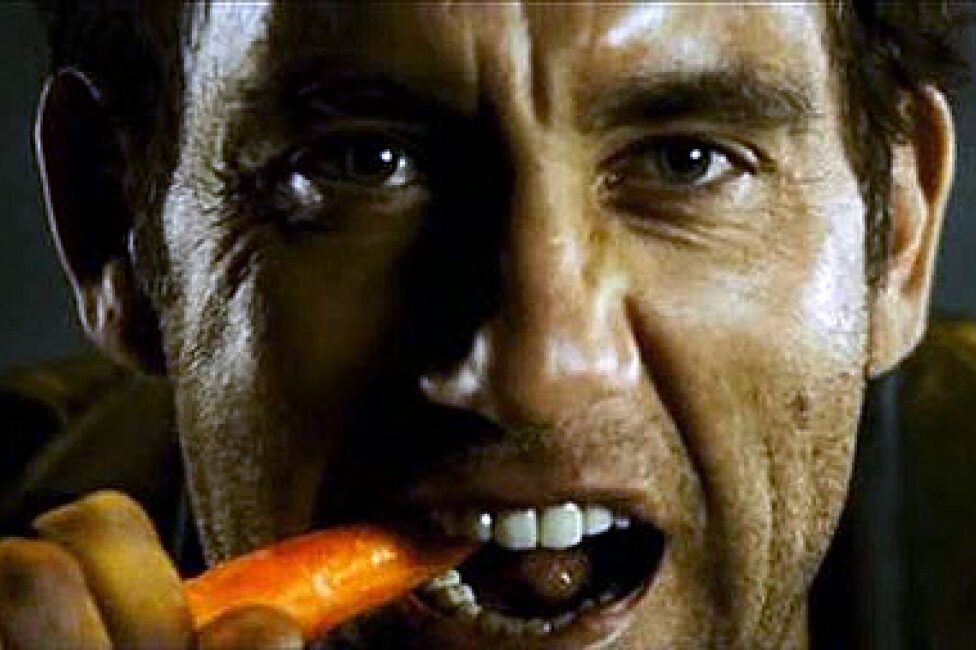
There was a time not too long ago that Clive Owen was going to be big. He had what many in Hollywood were looking for. Rugged good looks, that British accent, the ability to play any character. He was an A-lister who had Hollywood by the tail. He was even rumored at one point to be taking over the James Bond franchise. Sometimes though, where Hollywood sees an actor and where the actor truly wants to go are two very different things.
Clive Owen eventually faded into the background. He’s not an A-list movie star anymore. Here’s what happened.
WHERE HE CAME FROM
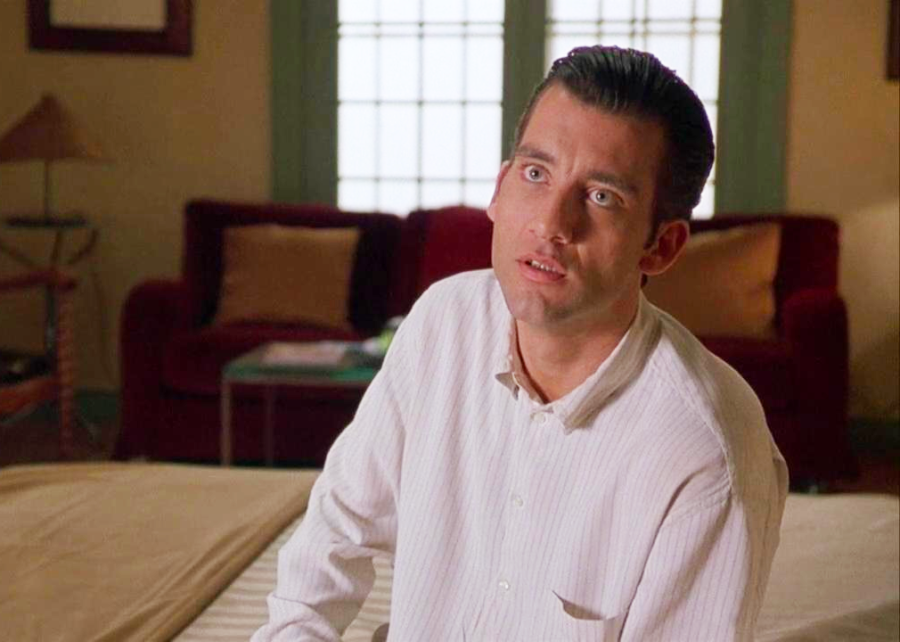
Clive Owen has been around since the late ‘80s getting his first work on the British TV series’ Rockcliffe’s Babies and then Boon. His first film role came on the British Channel 4 movie Vroom.
The bulk of Owen’s early career was comprised of British material, both television and feature films. He was seen in many TV movies that included Precious Bane, Lorna Doone, Class of ’61, The Magician, Nobody’s Children, Doomsday Gun, and The Return of the Native. He grabbed roles in series’ such as Chancer and Screen Two, while also pulling down parts in the British features Close My Eyes, Century, and The Turn Around. It took Owen a bit of time, but he finally made his way to Hollywood.
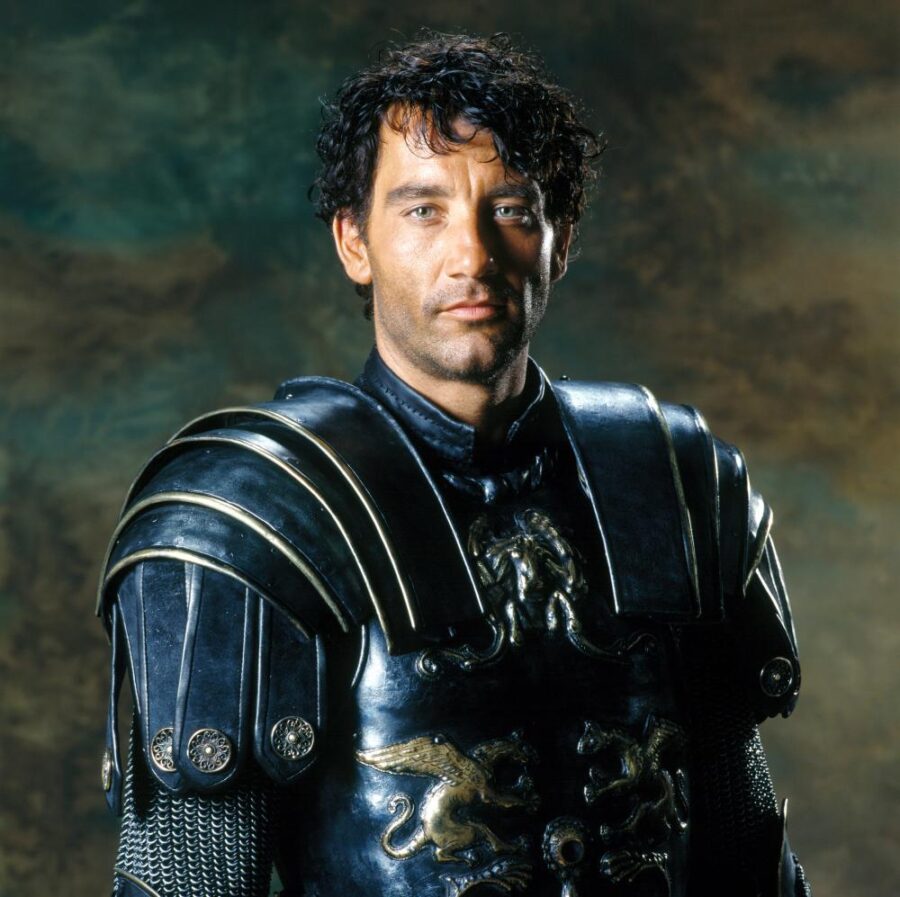
Clive Owen’s first taste of Hollywood couldn’t have gone any better, well, except for his character’s fate. He starred in The Rich Man’s Wife with Halle Berry. Score! He played a character who decides to turn an unhappy wife’s (Berry) fantasy about offing her horrible husband to void their prenuptial agreement into reality. To say Owen gets his comeuppance may be an understatement.
Owen continued producing British material while still making his presence known in Hollywood. On the British side, he was seen in Sharman and Greenfingers while also starring in a series of Second Sight TV movies. Owen was then seen in the funny murder mystery Gosford Park before playing The Professor, an assassin within the CIA, in The Bourne Identity. With that performance, Clive Owen began to concentrate more on his movie career. He was seen in I’ll Sleep When I’m Dead, Beyond Borders, King Arthur, and Closer, which he first starred in the play of the same name, written by Patrick Marber. Then came Dwight McCarthy and Sin City and Clive Owen was well on his way to becoming a bonafide Hollywood leading man.
PASSING UP OPPORTUNITIES
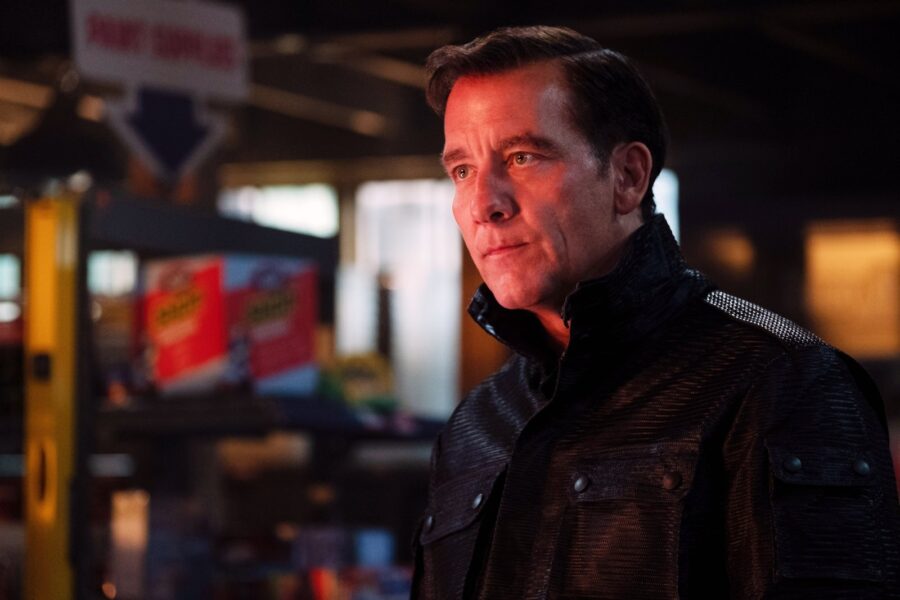
For some actors, choice is key. Obviously, many will take what’s offered, but then there are also those who seem to be a bit choosier in their roles. For Clive Owen, it’s not necessarily the size of the role that attracts him to a certain project, but the actual quality of the piece. If it means his role is less significant, he’ll take it. He also looks for how willing a director is to collaborate, rather than dictate.
“I like to collaborate,” Owen said in an interview with GQ. He had just finished filming Gemini Man, a movie he co-starred in with Will Smith and directed by visionary director Ang Lee.
“Even on that film like this with Ang, we would have emails about lines, literally. You look at the size of this movie and what he’s juggling in terms of the technology he’s dealing with, but he takes time to discuss the structure of a sentence with me. I had emailed a question asking, “Do we need a certain line?” And he sent me a long email saying why we need it, and how he liked this certain word.”
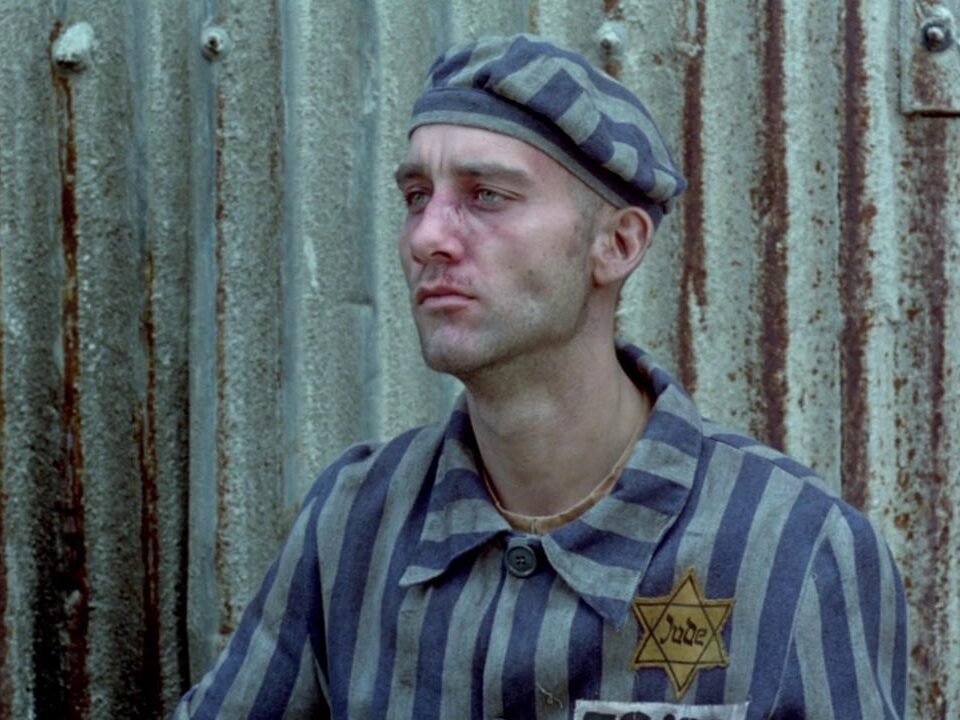
This seems to be Owen’s number one priority when he is looking at taking on a role. “I look for somebody who I know I can collaborate with and will let me into what it is they’re trying to achieve. I think that’s the best way for me to do my job. I’m a director’s actor. I might come in with my own take, but I want to serve a good director, and I want to serve them well. The best way for me to do that is to understand what it is that they’re trying to do. That’s important to me. It comes down to whether I like their work and I like their taste.”
Maybe this is the reason why Clive Owen has never truly hit superstardom. He doesn’t necessarily go for those big blockbuster movies. It’s not that he couldn’t see himself in a big film along the lines of Star Wars or even a Marvel superhero movie, but Owen doesn’t feel that those movies are his thing. “I’ve never seen that as my thing, but my career is a complete mixed bag. It’s got everything in it. There’s no pattern to my career, really. I like to jump in and try everything. So, if the part was right? I’d never say no.”
Taking a peek at the remainder of Clive Owen’s career, he is definitely a man of his word. He’s had an eclectic career, going from portraying a gay jew sent to the concentration camps in Bent to a ruthless villain in Gemini Man. In between all that Owen has tried his hand at small films, comedy, crime-thrillers, action-adventure, and even sci-fi. His roles have been both large and small, but each role was chosen with much thought put into it in terms of character and not the size of the part.
CLIVE OWEN CHOOSES FAMILY OVER CAREER
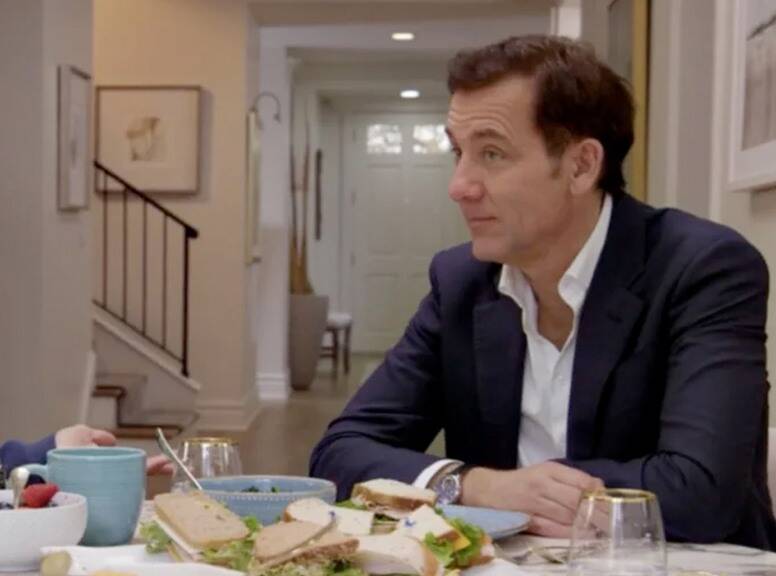
Clive Owen has spent a lot of time in Hollywood. He has also spent a lot of time traveling across the globe to make movies. While there are places he admires (he says he could see himself living in New York), he calls London home and is happiest there with his family.
He told The Hollywood Reporter, “I know London better than any other city. I went to college there. I went to grad school. When I had kids, we settled there.”
The main reason he and his wife decided to remain in London and not America was simple. “It would have meant that my wife would be with the kids on her own in America, whereas back home, she’s got lots of friends. And with children, I love the open spaces of London. You can be right in the thick of the city, but within 15 to 20 minutes, you can be in the countryside.”
Owen realizes what his career has cost him. Time with his family. It’s something he tries to make amends for after every project he works on, saying that “when I do go home, I want to spend as much time as I can hanging with the kids and doing family things. Everything becomes around that, really. It’s just their needs, where they are, what they’re doing.”
CLIVE OWEN NOW
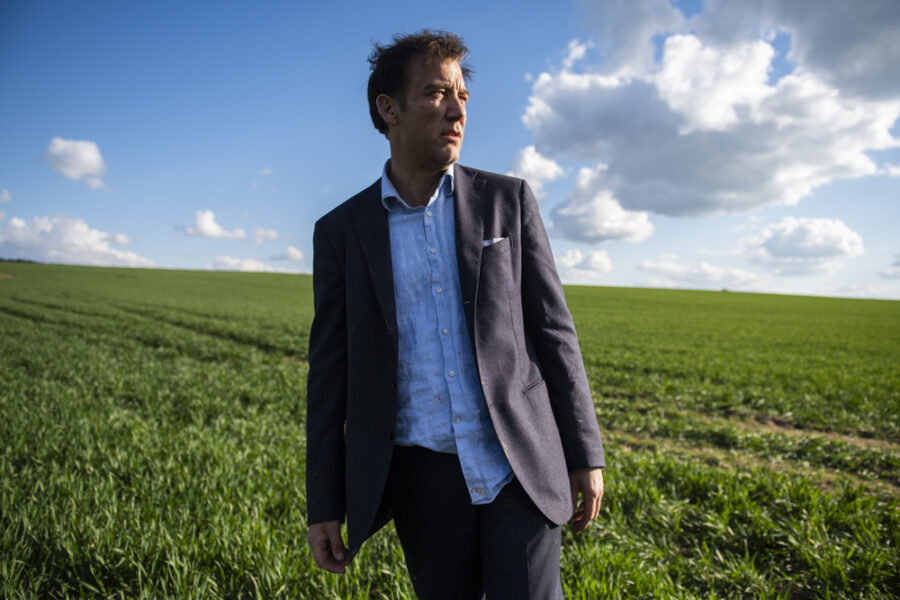
Clive Owen continues his eclectic career and that suits him just fine. He has returned to the stage over the past few years, performing in Old Times, M. Butterfly, and The Night of the Iguana. He has also returned to television, first playing former president Bill Clinton in the upcoming American Crime Story series and then the Stephen King bestseller-turned-series Lisey’s Story.
Clive Owen isn’t looking for anything big, necessarily, just something he can connect with and there’s nothing wrong with that. It all comes down to being happy with the choices made.









